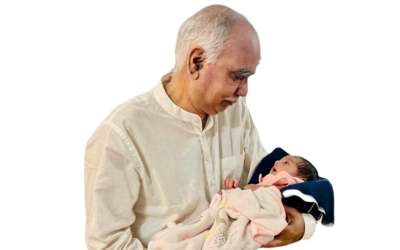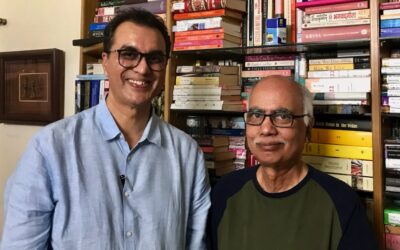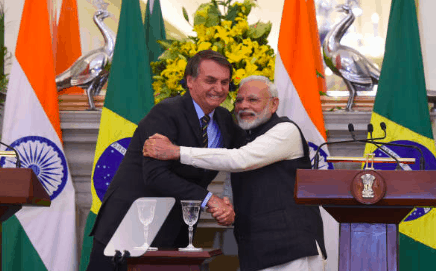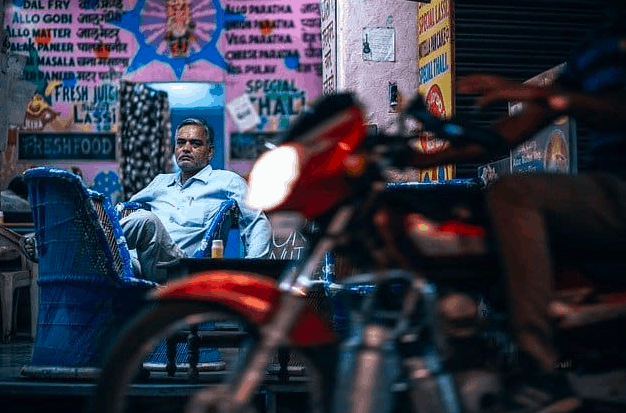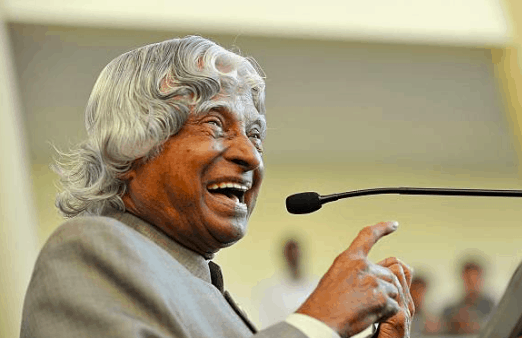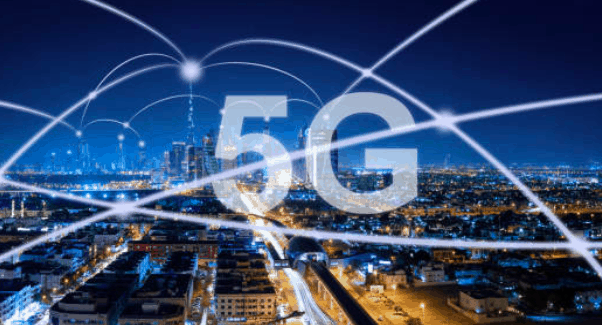A The Indian diaspora has excelled in the modern world. Indian-origin engineers are heading three top technology companies of the world – Microsoft, Google, and IBM – and many more. There is hardly any company or university where Indians are not present…
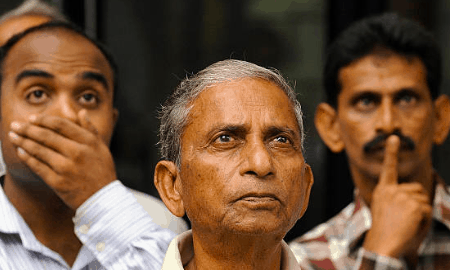
The Great Indian Budget Tamasha
The Great Indian Budget Tamasha
Indians are innately boisterous. Celebration and gaiety are in our blood. We find occasions to celebrate and make a great show of routine and small matters. From passing an exam, to celebrating birthdays and anniversaries, there is a show on display galore. People even take loans to celebrate occasions. Your clothes may be tattered, but your face must be smiling– that is the spirit.
Nowhere in the world, does the government budget make for such an event as in India. Earlier, there used to be a separate Railway Budget, but now it has been merged with the Union Budget. The media start hyping the budget right from the beginning of the new year and depending on the ownership of the TV channel or the newspaper, a propaganda is launched about what the budget should contain. A halwa ceremony takes place in the Ministry of Finance at the commencement of the budget writing.
This year, India faced an economic slowdown along with the rest of the world. It was touted as the coming of an apocalypse and clamour started about the liberalization of control over businesses and unleashing more money into the market by whatever means that could fuel the consumption and increase the GDP. Our political parties have long stopped debating on the basis of reason. They simply follow the trend of ‘opposition must oppose’, regarding whatever the government of the day is doing and forgetting the similar things they did in their own days in power.
Finally, the budget is presented. The Finance Minister becomes the star of the day. The length of his/her speech matters and even the number of times water is sipped is counted. Then a loud cacophony is created about what was expected and not fulfilled. No one indeed asks for the rationale of expectations expressed in the media and why these expectations must be met. Most of the noise is made by narrow vested interests. The huge government machinery concerned with managing the finances of the country is always in place and operates all 365 days. It is not as if the annual budget is the only occasion where policies are changed. Yet the ritual continues.
The simple fact is that the income of the government has risen from 320 billion USD three years ago to 350 billion last year and 380 billion this year. The expenditure is also rising– from 370 to 430 to 480 in the last three years respectively. The problem that needs to be handled is the shortfall of 100 billion dollars. Taxes can’t be raised, loss-making industries can’t be closed down or sold, and there are limits on borrowing from the RBI; so how the government will manage this is unclear.
The Finance Minister did not succumb to media pressure about the market looking for stimulus. People were so sure about themselves that they opened the stock market on a Saturday so that moolah could be made, but instead, the Sensex tanked by a thousand points! It, however, recovered all that was lost in the next few days and even exceeded expectations. The prophecy of the Nobel laureate Abhijit Banerjee that the Indian economic recession would be “big and long” is turning out to be untrue.
Another pitch was about pushing up consumption. I personally disagree with raging consumption habits and follow the old school of saving whatever possible, no matter how little the income and of living a frugal life. I consider consumption-based growth a fallacy and bad for the economy. The doubling of tariff on imported furniture is a good decision. A celebrated European multinational furniture company sells mostly Chinese products in India. It is high time we make Chinese products dearer and promote Indian products, especially consumables.
The real issue India faces is infrastructure deficit and unemployment. With time, government share in both has declined and the private sector has emerged as the provider in both areas. In a good economy, 40 percent of the GDP must be invested back. Actually, China invests back 50 per cent of its GDP, which is four times ours. So, the creation of the Delhi-Mumbai Expressway is good news. The IPO of LIC is overdue. LIC invests more than USD 1 billion in the stock market every year, in a closely guarded manner. The public listing of LIC will lead to more disclosures of investment and transparency. Obviously, the beneficiaries of the status quo will protest.
Finance management of an economy in the current globalized world is an ongoing activity, like flying an airplane. The pilot takes off on a designated route following a strict protocol and then keeps adjusting the aircraft in response to the real-time disturbances in the air.
India needs to bring down the hoopla and rhetoric in its public life and learn to conduct its business with calm and based on what is good for the poor of this country as well as for the owners of corporations and the lobbies they finance. The parliament proceedings are now telecast live, which are filled with cynicism galore. There is opposition for the sake of opposing. If a step taken by the government is wrong, the critic must also propose an alternative and why it is better.
A line spoken by the character of actor Ranbir Kapoor in the film ‘Tamasha’ comes to mind – ‘Ek din mujhe pata chala ki Santa Claus nahin hota. Bahut bura laga tha. Par kya karein, hota nahin hai.’ (One day I came to know that there is no Santa Claus. I felt very bad. But what can one do? There is no Santa Claus.). Some words are sweet but unprofitable! True words are bitter but important. Some leaders may win elections by promising freebies but in reality, there are no freebies; you are just shifting money that needs to be invested in creating services and jobs. Also, it is a sad reflection on the quality of people that though 30 million Indians travelled abroad in 2019, only 15 million paid income tax. What kind of budget is this? If we make a tamasha of our country, it would become so.
MORE FROM THE BLOG
Children of the Earth and the Sky
Welcome to the world!
I have been a frequent traveler and for many years, especially from 2000 onwards, there was hardly any week without travel. My association with Dr. APJ Abdul Kalam was a powerful facilitator and during his Presidency (2002 – 2007), I had been to every…
The Writing on the Wall
I have been a frequent traveler and for many years, especially from 2000 onwards, there was hardly any week without travel. My association with Dr. APJ Abdul Kalam was a powerful facilitator and during his Presidency (2002 – 2007), I had been to every…


